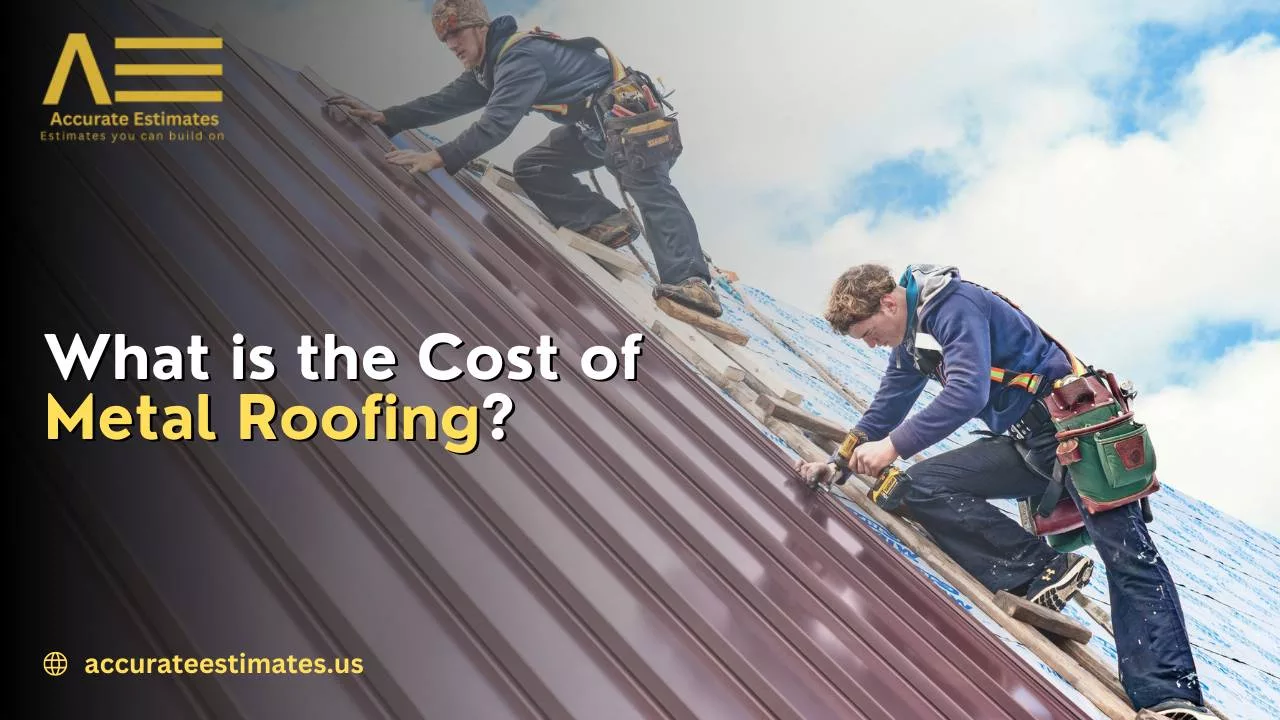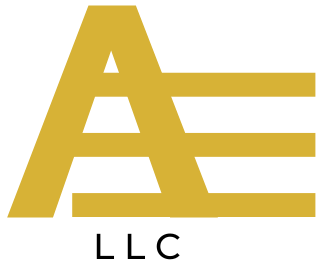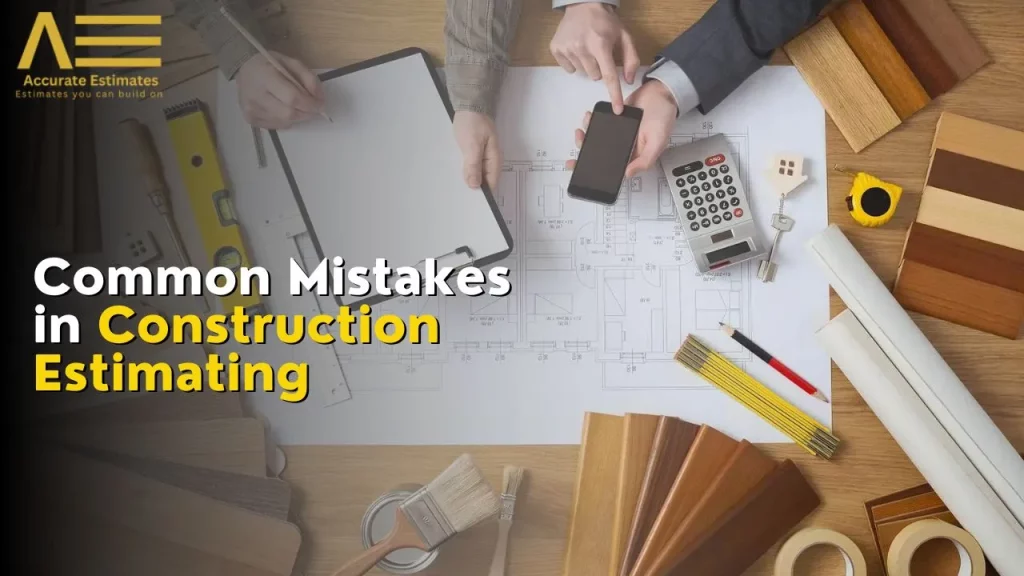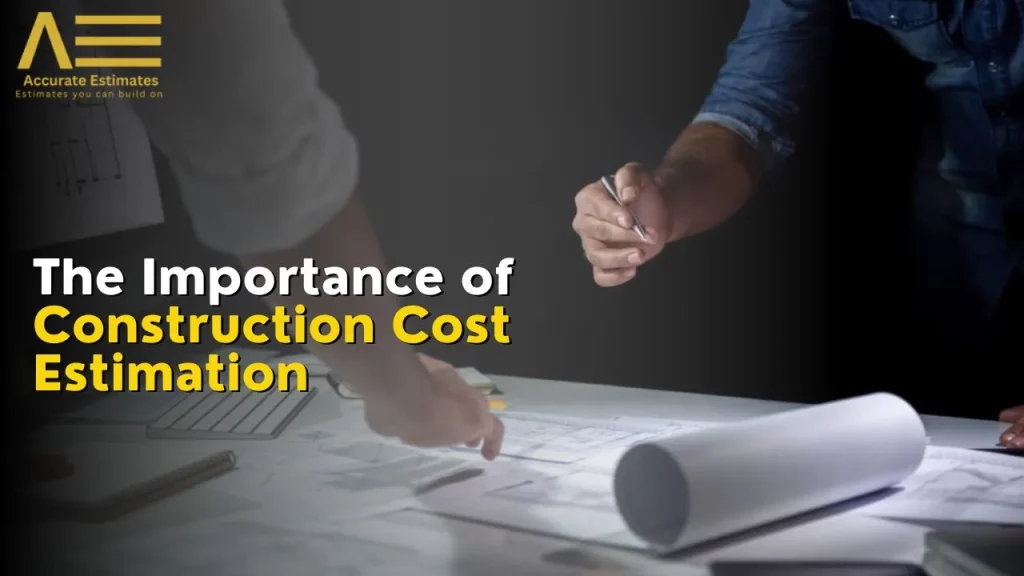What is the Cost of Metal Roofing?

Metal roofing is gaining traction among homeowners for its lasting strength, eco-friendliness, and visual allure. Yet, grappling with the expenses is crucial when contemplating a metal roof installation. Our detailed exploration uncovers the factors influencing metal roofing costs, the diverse range of materials, and invaluable advice for securing a precise quote tailored to your project.
Understanding Metal Roofing Basics
Metal roofing involves using steel, aluminum, copper, zinc, tin, or a combination. These materials offer exceptional durability, resistance to harsh weather conditions, and a longer lifespan than traditional roofing options.
What Makes Metal Roofing Popular?
Metal roofing has become increasingly favored for numerous reasons. Renowned for their durability, these roofs can endure for over 50 years when properly cared for. They are also lightweight, reducing stress on the underlying structure and saving on construction costs.
Benefits of Metal Roofing Over Traditional Options
Metal roofs provide numerous benefits compared to conventional roofing options like asphalt shingles and clay tiles. Their exceptional resistance to fire, rot, and insect infestations makes them an excellent choice, particularly in regions prone to wildfires or high humidity. Furthermore, they reflect solar radiant heat, keeping homes more relaxed in the summer and potentially reducing energy bills.
Metal Roof Cost Factors
Various elements contribute to the total expenses involved in installing a metal roof. Grasping these aspects aids homeowners in making well-informed choices and planning their budgets effectively.
Material Costs
Material expenses play a pivotal role in determining the overall expenditure of a metal roofing project. Let’s delve into the pricing details of different metal roofing materials to gain a clearer perspective.
- Price of Steel Roofing: Steel is one of the most affordable metal roofing options, typically ranging from $100 to $250 per square meter.
- Aluminium Roofing Cost: Aluminium, while lightweight and corrosion-resistant, tends to be more expensive, ranging from $200 to $600 per square meter.
- Copper Roofing Prices: Copper is a premium roofing material known for its beauty and longevity, but it comes at a higher cost, typically between $600 to $1,200 per square meter.
- Zinc Roofing Costs: Zinc offers excellent corrosion resistance and requires minimal maintenance, with varying prices from $400 to $900 per square meter.
Installation Costs
In addition to material expenses, installation costs play a significant role in the total expenditure. Factors influencing installation costs include:
- Labor Expenses: Skilled labor is required for proper installation, and labor costs can vary based on location and contractor rates.
- Complexity of Roof Design: Intricate roof designs or steep slopes may require more time and labor, resulting in higher installation costs.
Additional Costs
Other expenses that homeowners should consider when budgeting for a metal roof installation include:
- Roof Size and Shape: Larger roofs or those with complex shapes may require more materials and labor, increasing overall costs.
- Underlayment and Insulation: Ensuring adequate underlayment and insulation is crucial to upholding a metal roof’s longevity and energy efficiency.
- Accessories and Trim: Additional accessories such as flashing, gutters, and trim can add to the total installation cost.
Metal Roofing price per square foot

Types of Metal Roofing
Various options of metal roofing materials exist, each boasting distinctive features and price ranges.
Aluminium Roofing
Aluminum roofing is lightweight, durable, and resistant to corrosion. Opting for this roofing material proves advantageous in coastal regions or areas with high humidity. Nonetheless, its pricing often surpasses that of steel roofing options.
Steel Roofing
Steel roofing stands out for its economical price tag and remarkable longevity. With many styles and coatings, it caters to diverse tastes and adapts to varying climates seamlessly.
Copper Roofing
Renowned for its exquisite aesthetics and remarkable durability, copper roofing stands out as a premium choice. Despite being among the priciest metal roofing options, its distinct patina lends a timeless charm to residences.
Zinc Roofing
Characterized by its exceptional resistance to corrosion and low maintenance requirements, zinc roofing stands as a top contender. It forms a natural protective layer as it matures, resulting in a unique and distinguished look over time.
Tin Roofing
Tin roofing, often made from terne or tin-plated steel, is a cost-effective option known for its durability and weather resistance.
Rusted Metal Roofing
Rusted metal roofing, corten, or weathering steel offers a rustic aesthetic and exceptional durability.
Lead Roofing
Lead roofing is a traditional roofing material known for its longevity and malleability. It is often used for historical restoration projects.
Common Factors that Affect Your Metal Roofing Estimate
Several factors can influence the final cost of installing a metal roof.
Geographic Location
Local labor rates, building codes, and climate conditions can all impact the cost of installing a metal roof.
Roof Pitch and Complexity
Steeper roofs or those with multiple angles and dormers may require more labor and materials, resulting in higher installation costs.
Quality of Materials
The quality and thickness of the metal roofing materials can affect both initial costs and long-term durability.
Contractor’s Experience and Reputation
Choosing a reputable contractor with experience installing metal roofs may result in higher upfront costs. Still, it can ultimately save money by ensuring proper installation and fewer repairs down the line.
Pros and Cons of Metal Roofs
Before deciding, it’s essential to weigh the pros and cons of metal roofing.
Advantages of Metal Roofing
- Longevity: Metal roofs can last 50 years or more with minimal maintenance.
- Durability: Metal roofs resist fire, rot, and insect damage.
- Energy Efficiency: Reflective coatings help reduce energy bills by keeping homes more relaxed in the summer.
- Aesthetic Appeal: Metal roofs are available in various styles and colors to complement architectural design.
Disadvantages of Metal Roofing
- Higher Initial Costs: Metal roofing materials and installation can be more expensive upfront than traditional options.
- Noise: Metal roofs can be noisy during heavy rain or hailstorms without proper insulation.
- Denting: Some metal roofs are prone to denting from hail or falling branches.
- Expansion and Contraction: Metal roofs can expand and contract with temperature fluctuations, leading to potential issues if not correctly installed.
How to Quote a Metal Roof?
Getting an accurate quote for a metal roof involves several steps.
Getting Multiple Estimates
Obtaining quotes from multiple Roofing Estimators to compare prices and services is essential.
Understanding the Quote Breakdown
Review the quote carefully to ensure all materials, labor, and additional costs are included.
Negotiating the Price
Feel free to negotiate with contractors to get the best price for your metal roof installation.
Conclusion
In summary, the expense associated with metal roofing fluctuates based on multiple elements, including the chosen materials, roof dimensions, and installation intricacy. Despite the initial higher costs than conventional alternatives, metal roofs offer remarkable durability, extended lifespan, and enhanced energy efficiency, rendering them a valuable long-term investment. By understanding the factors that influence metal roofing costs and obtaining multiple quotes from reputable contractors, homeowners can make informed decisions and enjoy the benefits of a quality metal roof for years.



